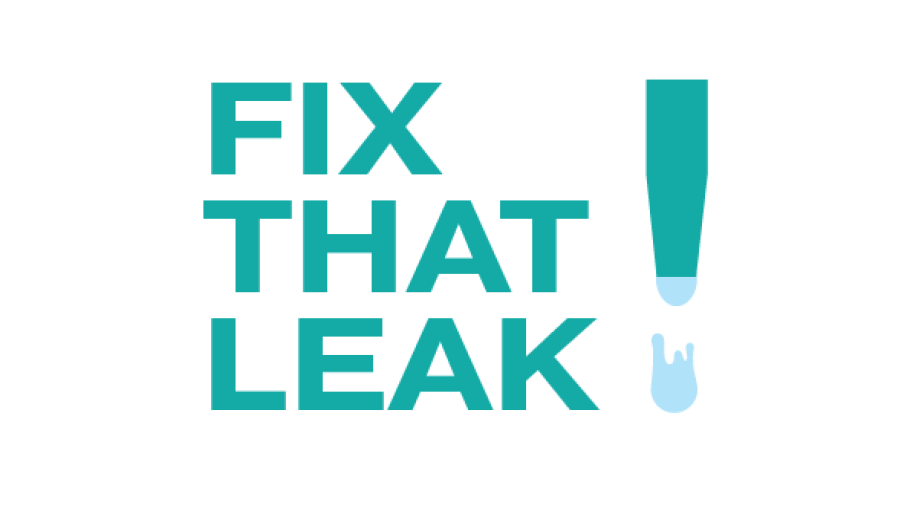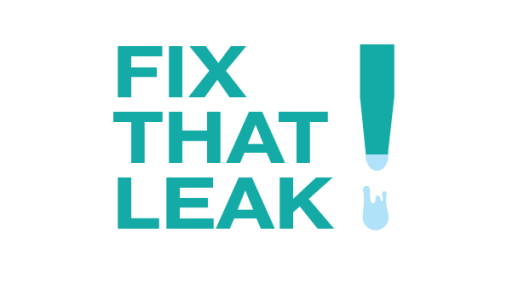

The Carbon Border Adjustment Mechanism (CBAM) is a tool that puts a price on certain carbon intensive goods entering the EU in order to encourage climate friendly industrial production. But here’s the problem: the CBAM, as it stands, is full of loopholes. If not fixed, it would undermine decarbonisation investments, accelerate deindustrialisation, favour production in third countries, and fail to cut global emissions.
Fair play for a fair transition
European steel producers are facing increasing carbon costs under the EU Emissions Trading Scheme (ETS), while competitors in third countries have been exempted from any carbon costs. The EU steel industry is leading the transition to green production, but cheap imports risk undermining that effort.
The CBAM can be a game-changer, but only if it’s designed right.
Right now, loopholes allow foreign producers to sidestep carbon costs, shifting emissions elsewhere instead of reducing them. Without fixing these flaws, the CBAM would fail to protect EU industry and could even accelerate deindustrialisation.
CBAM Toolbox: fixing the loopholes to prevent carbon leakage
The CBAM was designed to ensure fair competition and reduce global emissions, but loopholes threaten to undermine its effectiveness. Here’s how we can fix it:
Find out more details in our full fact-sheet available for download below.

Download this publication or visit associated links
Brussels, 26 February 2026 — Europe’s steel industry has warned that the current draft Industrial Accelerator Act could direct public support for low-carbon steel to producers outside the European Union, unless lawmakers include and tighten ‘Made in Europe’ provisions.
Brussels, 24 February 2026 - Europe’s energy-intensive industries have set out a series of proposals to ensure that the EU’s upcoming Electrification Action Plan delivers on its objectives to stimulate and boost electricity consumption in industry. In a joint position paper, industries warn that persistently high electricity prices risk undermining industrial competitiveness and decarbonisation efforts. They call for a policy framework that will enable EU industry in pursuing decarbonisation and industrial competitiveness.
Energy-intensive industries (EIIs) provide direct employment to around 2.6 million people in the EU and represent the foundations of critical and strategic value chains for the EU economy and society. The current economic and energy outlook of the European Union is making investments in electrification and the continued business operation of our sectors at serious risk, should the energy-cost challenge not be solved.